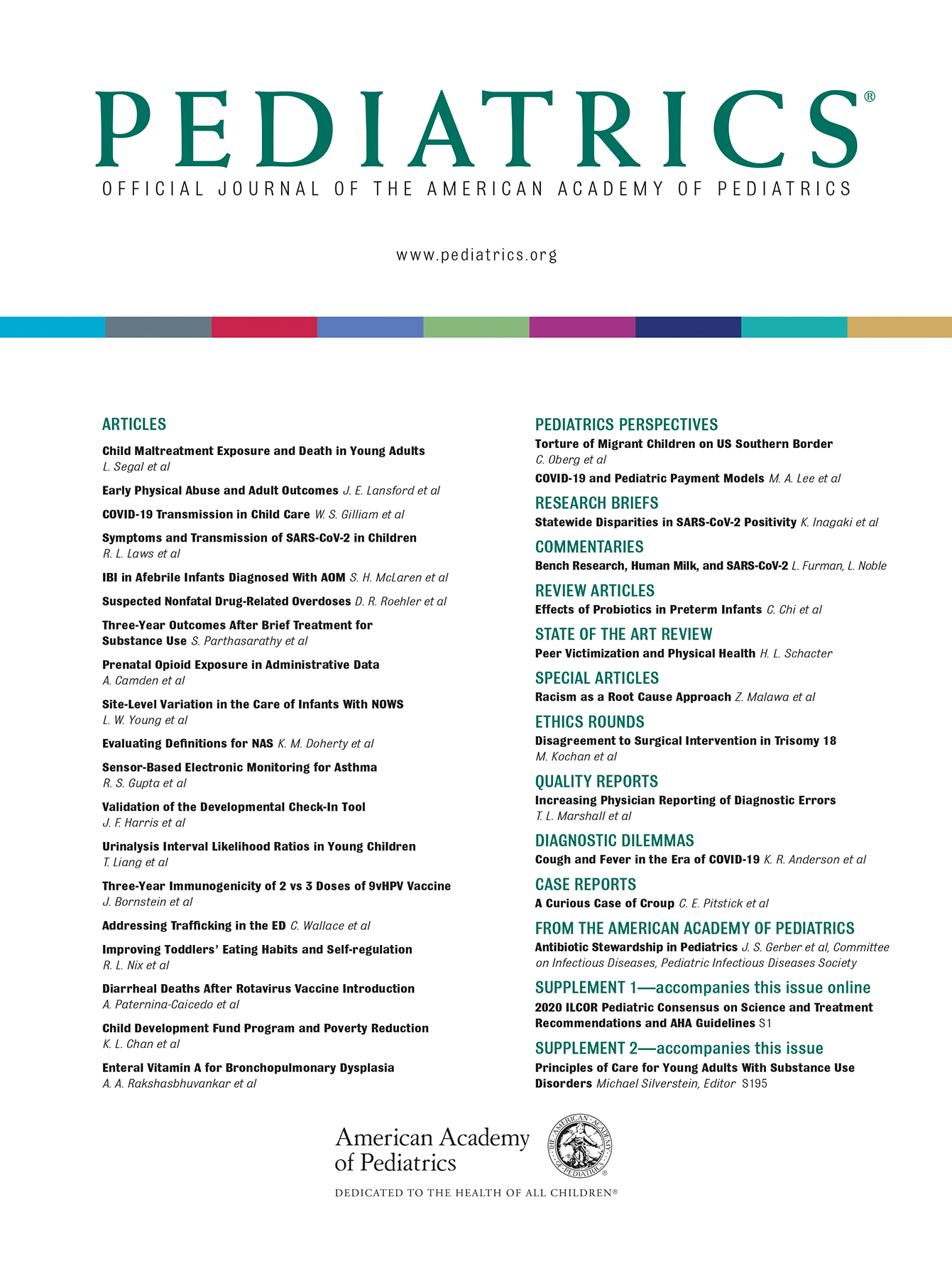Purpose of the Study:
Researchers in this study examined whether general practitioners with special training in pediatric allergy could address unmet allergy needs.
Study Population:
Researchers in the study evaluated new referrals to doctor-led clinics for patients from Islington, a borough of London; patients previously seen by the local allergy service or who were managed at a nurse-led clinic were excluded.
Methods:
Authors retrospectively reviewed referrals to Whittington Hospital Pediatric Allergy service to determine new-patient wait times, allergy-related hospital visits, and reasons for visit. A special interest general practitioner–led community clinic (GPwSI) was created; wait times, allergy-related hospital visits, and patient satisfaction data were collected and compared for patients seen at the original hospital-based clinic and the new community clinic.
Results:
Allergy-related hospital visits decreased for all patients but not always significantly. New GPwSI patients requiring follow-up was 1 in 132 patients in 2014 and 1 in 40 patients in 2016. Hospital clinic wait times remained unchanged from 2013 to 2014 (9.56 weeks versus 8.71 weeks); wait times for the GPwSI decreased to 6.66 weeks (2014) but later increased to 11.45 weeks (2016). Patients and parents reported high satisfaction with the GPwSI.
Conclusions:
The GPwSI linked primary and secondary (subspecialty) care to decrease hospital visits for allergy-related problems and appropriately triage patients requiring allergy care in a method that provided high levels of patient satisfaction and an initial decrease in wait times for allergy guidance. Authors also educated general practitioners on allergy issues and created a pathway with practical guidance on allergy referral to further reduce allergist burden.
Reviewer Comments:
In the United States, there are ∼5000 practicing allergists to care for 50 million people suffering from allergic conditions; the relative lack of allergist access results in long wait times for appointments and delay in care. Primary care providers receive minimal allergy and immunology education during training. Researchers in this study describe a novel method of allergy care delivery that trains health care professionals to provide allergy care, reducing wait times and allergy-related hospital visits. Concerns include a delay in care associated with inappropriate triage to the incorrect clinic; additionally, despite an initial decrease in wait times, wait times later increased, suggesting the model may lead to overall increased health care usage.






Comments